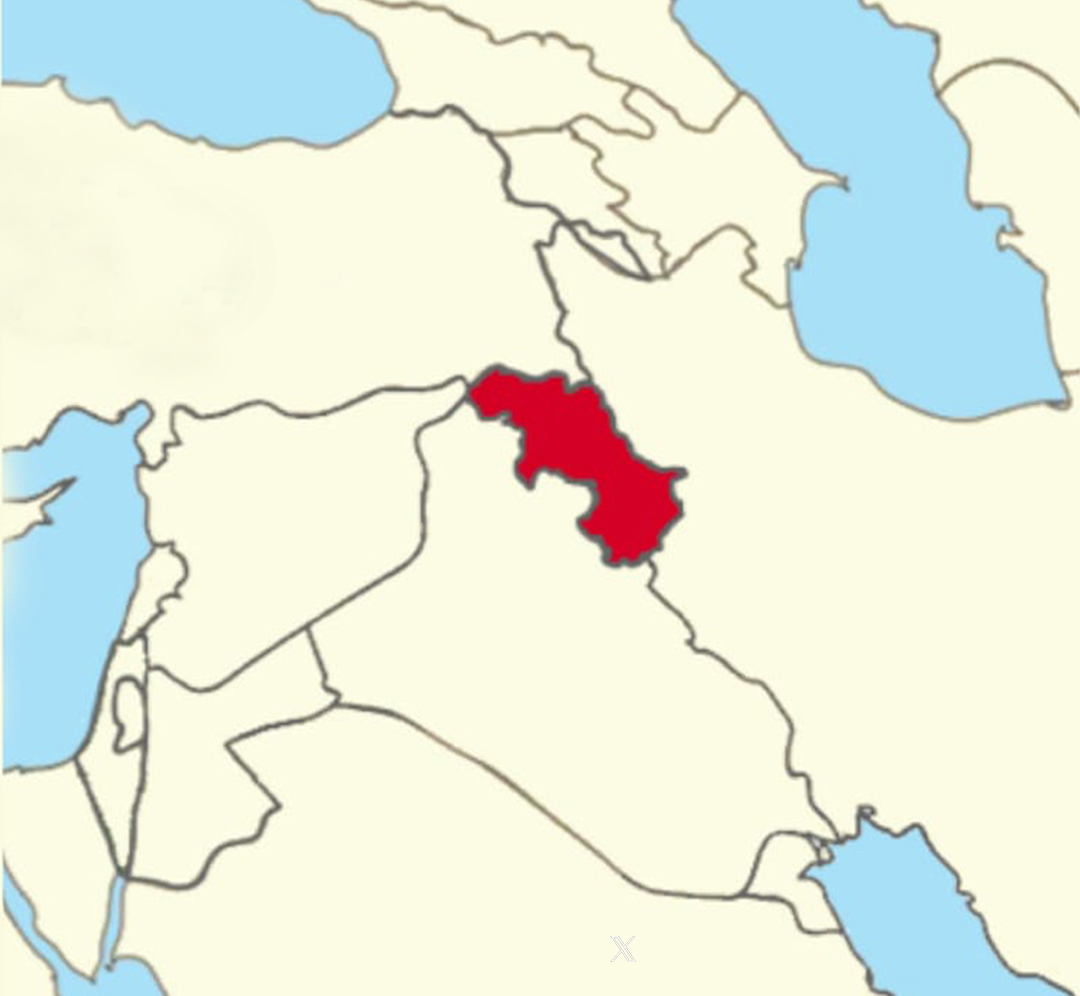The Israeli-Hamas conflict has the potential to be a transformative moment in the Kurdistan Region's global political positioning, which had experienced a period of marginalization in the aftermath of ISIS. Primarily, the unforeseen offensive by Hamas underscores the geopolitical significance of Iran's sustained pressure on the Kurdistan Region concerning the eastern opposition groups over the past year. This pressure, in the current context, acquires enhanced political relevance.
Simultaneously, this could further underscore the gravity of Baghdad's persistent pressure on Erbil, occurring at a time when Kurdish officials have demonstrated an unprecedented readiness for compromises. These developments could be integral to a broader strategic war plan, one with far-reaching implications across a wide geographic expanse encompassing Gaza, Israel, Kurdistan, and Iran. In the event of an escalation of the conflicts, it is evident that both Iran and Iraqi Shiite factions have a vested interest in ensuring that the Kurdistan Region does not amass sufficient influence to contradict their directives, or allow eastern opposition group to establish a close presence along the border.
The geopolitical significance of Kurdistan's location in the ongoing conflict is unquestionable. Whichever side receives Kurdistan's support will wield considerable influence, not solely due to their political and military capabilities but also because of its strategic position. From Iran's perspective, Kurdistan as a critical land route, providing access to Syria and, subsequently, Lebanon, the Mediterranean, and potential theaters of conflict. On the other hand, for Western powers, particularly the United States, a staunch ally of Israel, Kurdistan holds a pivotal role in curbing the expansion of Iranian influence or even diminishing it.
In the context of armed conflict, should the Kurds align with one faction, their missile and drone capabilities may pose challenges. Nevertheless, their advantage lies in the rugged mountainous terrain and challenging border regions, bestowing upon them a strategic position of significance.
Consequently, in the event of escalating conflicts, Tehran is likely to pursue efforts to gain Erbil's cooperation. Notably, it is intriguing that only after the conflict did the Federal Court reverse its decision, allowing the KDP to return to its headquarters in Kirkuk and granting them the right to do so. While war is undeniably a regrettable course of action, as noted by Robert Gilpin, it remains one of the most impactful means to reshape world politics. Regardless of the outcome of this conflict, it will undoubtedly refocus attention on the enduring challenges within the Middle East, particularly with regard to the Palestinian and Kurdish issues.
Ultimately, the critical factor isn't merely the presence of opportunities but our proficiency in harnessing them. We must exercise patience and keen observation as we await the development and eventual outcomes of this particular opportunity.



